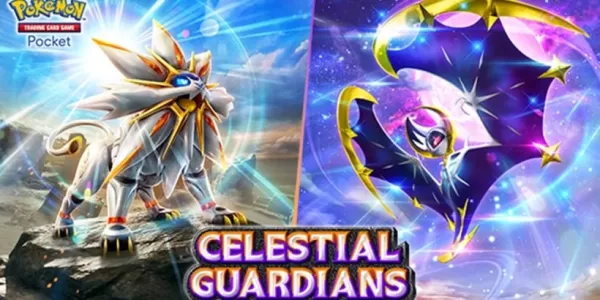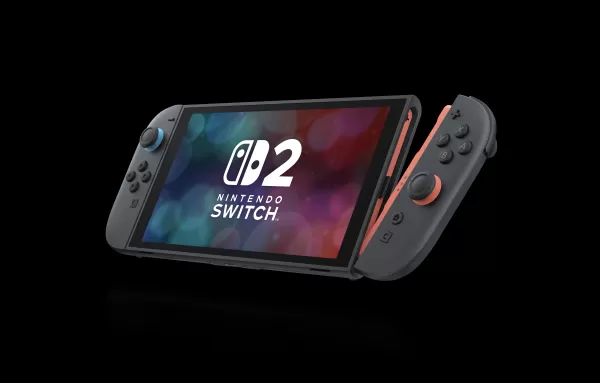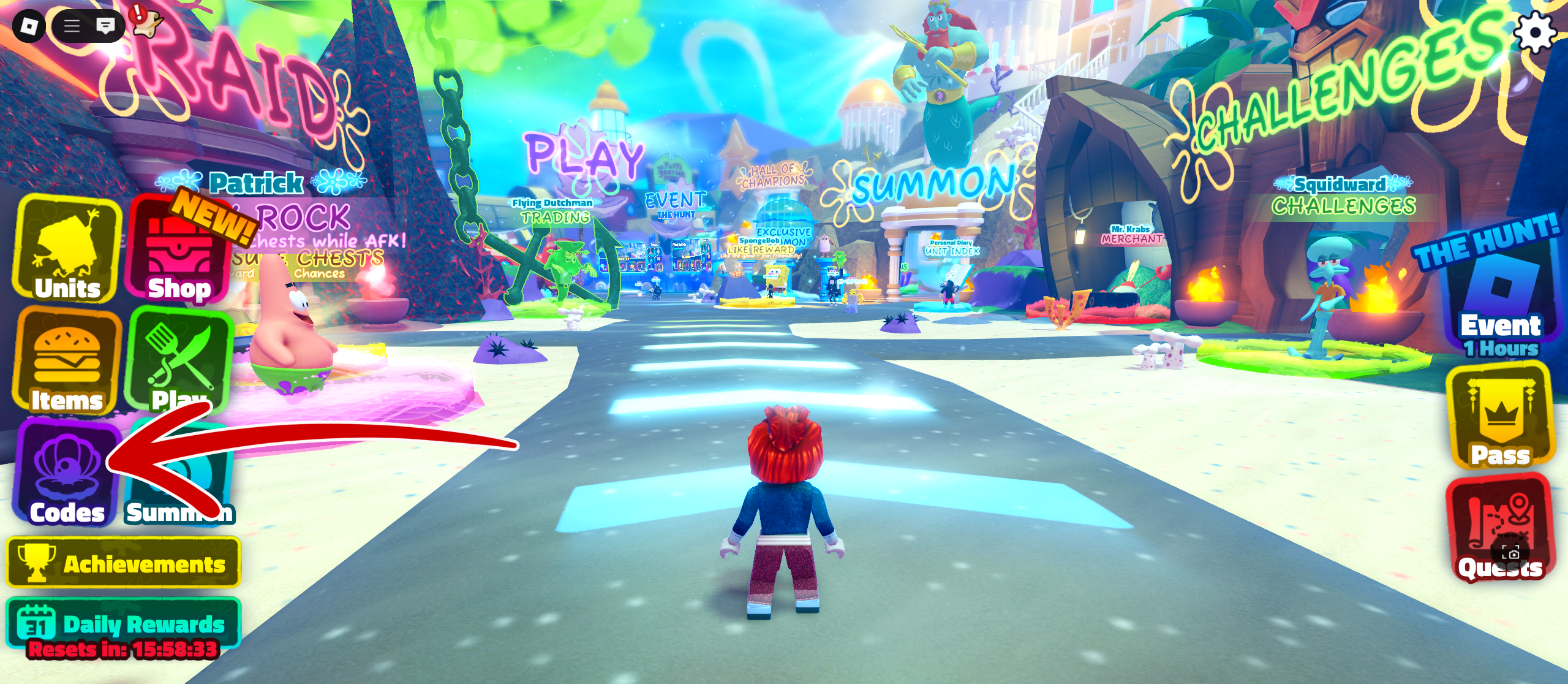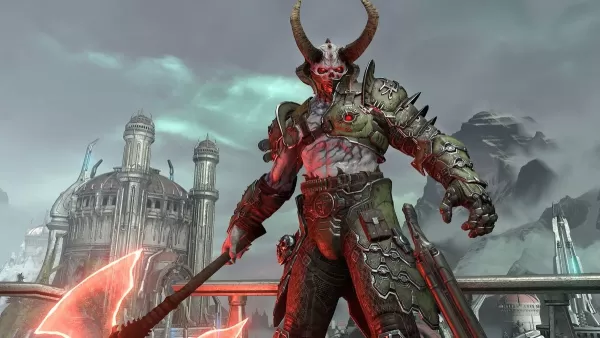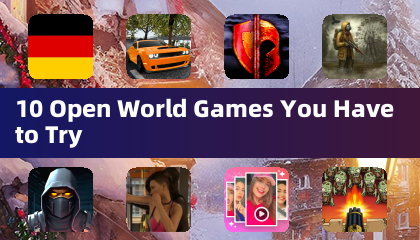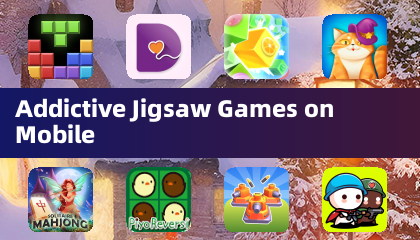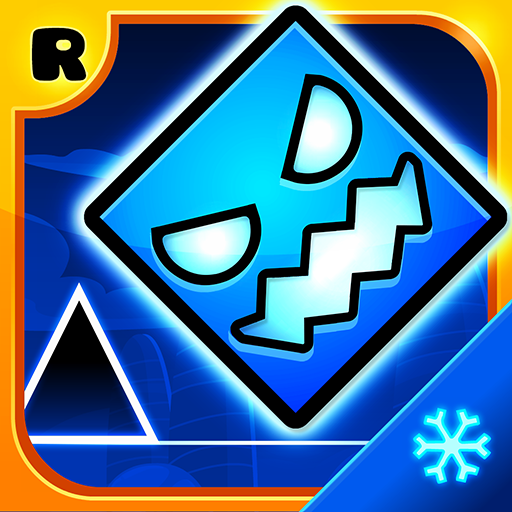The God of War series has been a cornerstone of PlayStation gaming since its inception in 2005, captivating players across four console generations. The journey of Kratos, from a vengeful warrior to the new god of war, has seen remarkable evolution. Unlike many long-standing franchises that struggle to remain relevant, God of War thrives by embracing change. The most significant transformation occurred with the 2018 reboot, which shifted Kratos from the familiar landscapes of Ancient Greece to the mystical realms of Norse mythology. This bold move not only altered the game's setting but also revolutionized its gameplay and narrative approach. Even before this pivotal reboot, Sony Santa Monica introduced smaller, yet impactful, changes that ensured the series' continued relevance.
The secret to God of War's future success lies in its ability to reinvent itself. The transition to Norse mythology was accompanied by director Cory Barlog's vision of exploring other ancient civilizations like the Egyptian and Mayan eras. Recent rumors have reignited discussions about an Egyptian setting, fueled by the allure of its rich and distinctive mythology. However, a new setting alone isn't enough; future iterations must continue to evolve in the same transformative manner as the series did when transitioning from the Greek to the Norse saga.
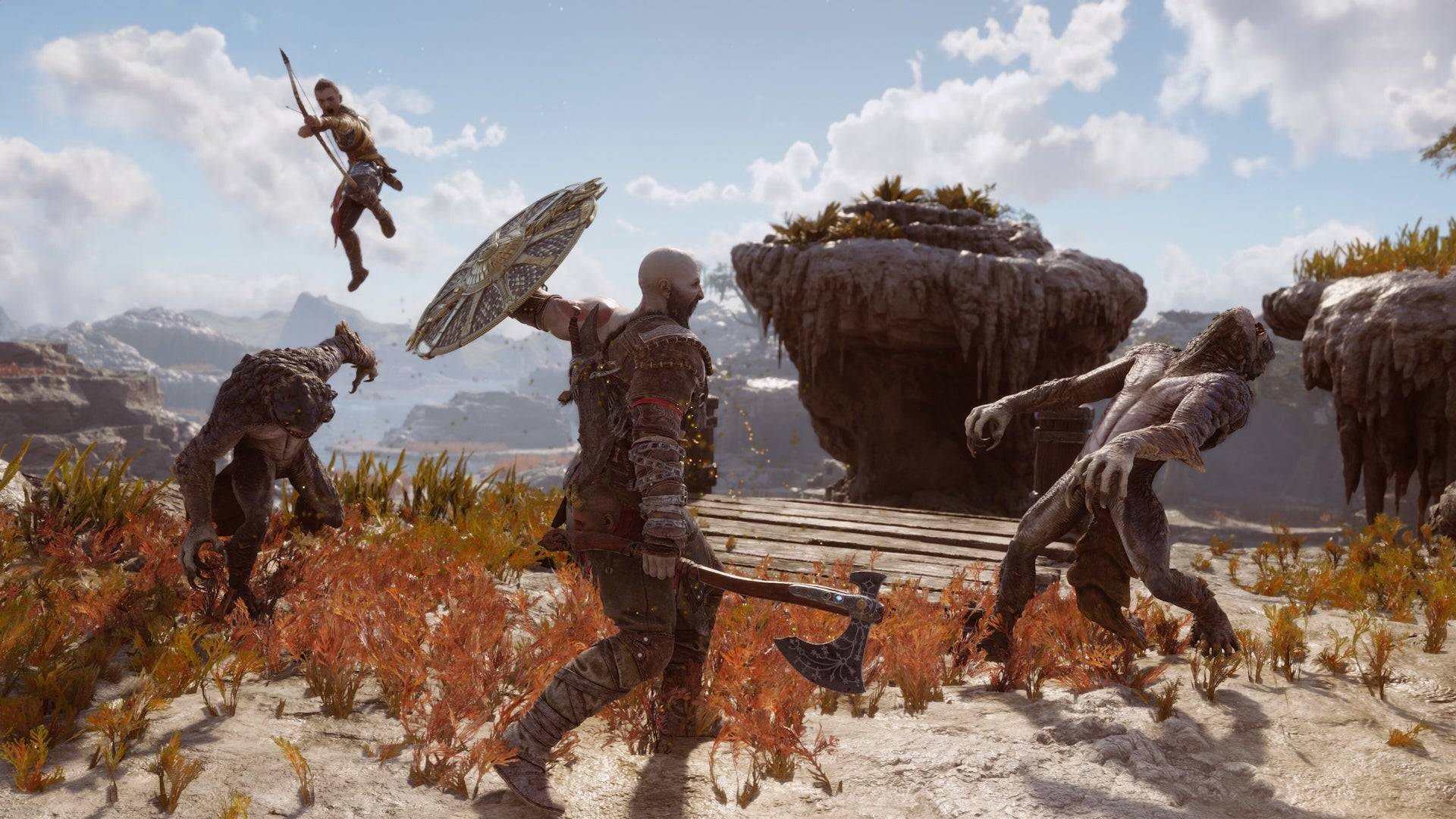 God of War's combat evolved significantly for the Norse games, yet it preserved the fierce essence of the original Greek trilogy. | Image credit: Sony
God of War's combat evolved significantly for the Norse games, yet it preserved the fierce essence of the original Greek trilogy. | Image credit: Sony
The series has consistently embraced change with each new entry. The original Greek trilogy, spanning a decade, refined its hack-and-slash mechanics, culminating in the polished gameplay of God of War 3 on the PlayStation 3. This final chapter introduced an enhanced magic system that complemented the melee combat's rhythmic combos and offered a broader range of challenging enemies. The shift to the PS3 allowed for new camera angles, showcasing the game's then-cutting-edge graphics.
The 2018 reboot, while groundbreaking, saw the loss of some elements from the Greek trilogy. The platforming and puzzle-solving that were integral to Kratos' journey in the original games were largely replaced. The new third-person, over-the-shoulder camera perspective didn't lend itself well to platforming, leading to its reduction. Puzzles remained but were adapted to fit the new adventure-focused design of the Norse games.
The Valhalla DLC for God of War Ragnarök marked a return to the series' roots, both mechanically and narratively. The reintroduction of battle arenas, a beloved feature from God of War 2 onwards, was adapted to fit the Norse setting. This DLC's story, involving Kratos confronting his past in Valhalla at the invitation of Týr, the Norse god of war, brought Kratos' journey full circle.
The Norse era of God of War isn't merely a rehashing of old ideas; it introduced numerous innovations. The Leviathan Axe's unique throwing mechanics, a combat-defining parry system with various shield types, and the magical spear in Ragnarök, which enabled a faster, explosive attack style, are just a few examples. These elements enhance the exploration and combat across the Nine Realms, each with its unique enemies, visuals, and characteristics.
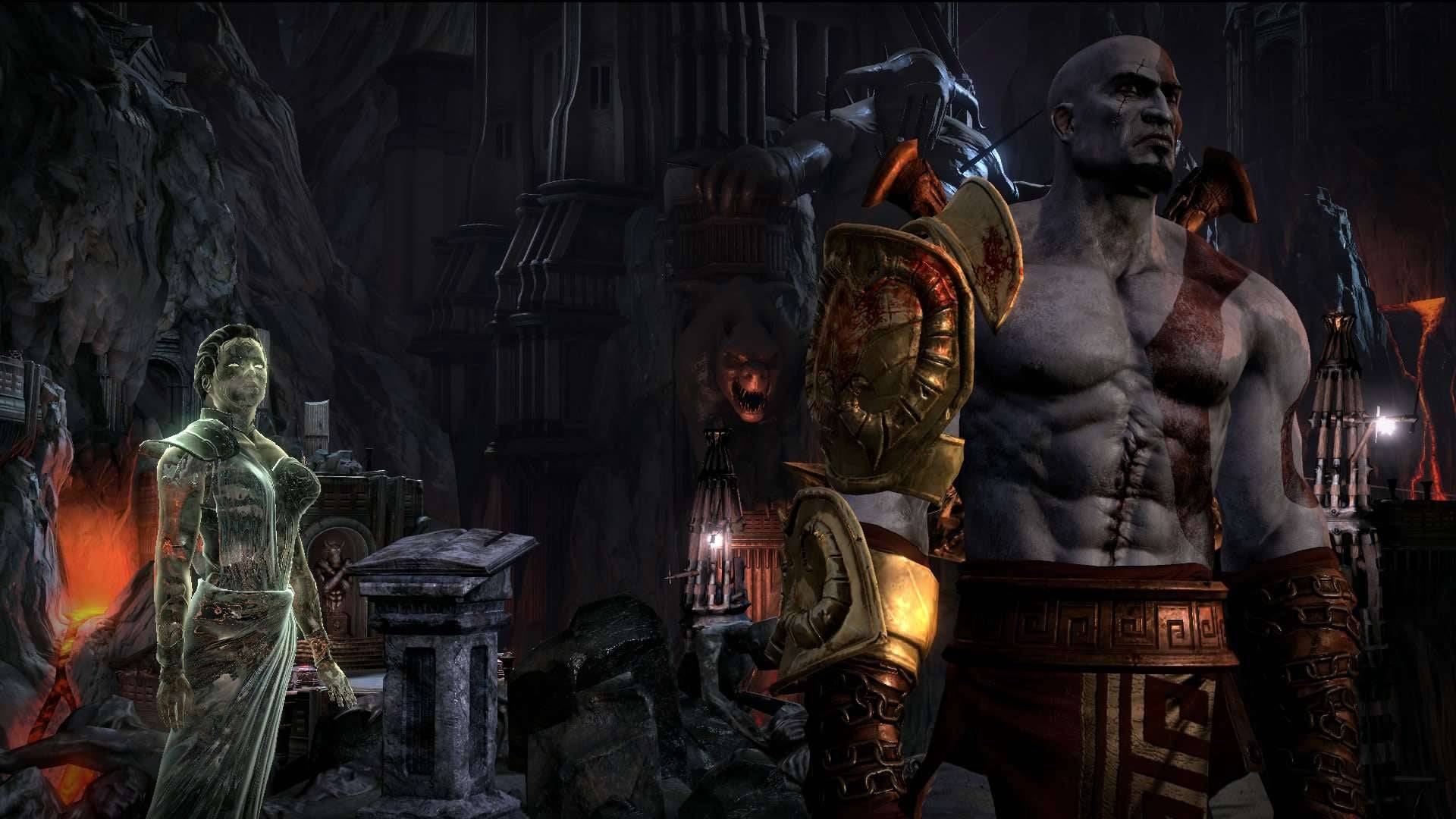 The original trilogy had solid writing, but the Norse duology elevated God of War's narrative to new heights. | Image credit: Sony
The original trilogy had solid writing, but the Norse duology elevated God of War's narrative to new heights. | Image credit: Sony
While the changes in combat and exploration are evident, the most striking evolution is in the storytelling. The Norse games delve deeply into Kratos' emotional journey, exploring his grief over his late wife and his complex relationship with his son, Atreus. This nuanced narrative approach, a departure from the more straightforward storytelling of the Greek trilogy, has been pivotal to the Norse era's critical and commercial success.
God of War's shift in both mechanics and storytelling reflects a broader approach to franchise development. The creators view the Norse games not as traditional sequels but as extensions of Kratos' journey. This mindset should guide future installments.
The contrasting experiences of Assassin's Creed highlight the risks of straying too far from a series' core identity. While Assassin's Creed has been profitable, its shift to an open-world RPG format with Origins and subsequent games has diluted its connection to the original assassin lore. The series' move towards larger, more RPG-focused games has led to mixed reactions, with some fans feeling it has drifted from its roots. Recent efforts like Assassin's Creed Mirage and the upcoming Shadows aim to reconnect with the series' stealth-focused origins.
God of War, on the other hand, has navigated its reinvention skillfully. The Norse games, while a radical departure, never lost sight of what made Kratos and the series compelling. They built upon the core elements of the Greek trilogy—intense, unrelenting combat—and introduced new features like Spartan Rage options, innovative weapons, and diverse combat scenarios. These enhancements deepened the series' lore and maintained its identity, a balance that any future setting, whether Egyptian or otherwise, must continue to strike.
As rumors of an Egyptian setting circulate, the next God of War must ensure its evolutionary changes uphold the series' successful elements. The 2018 reboot focused on maintaining the high standards of combat established in the Greek trilogy. However, future games will likely be judged more on their storytelling, the true strength of the Norse duology. Kratos' transformation from a rage-driven warrior to a complex father and leader underscores the importance of narrative in the series' recent success. Whatever comes next must build on this strength while introducing bold new changes that could define the next era of God of War.



 LATEST ARTICLES
LATEST ARTICLES 